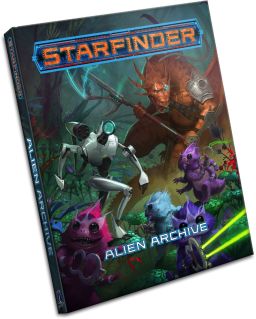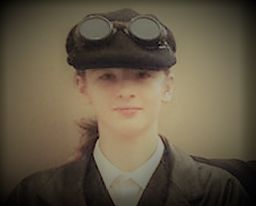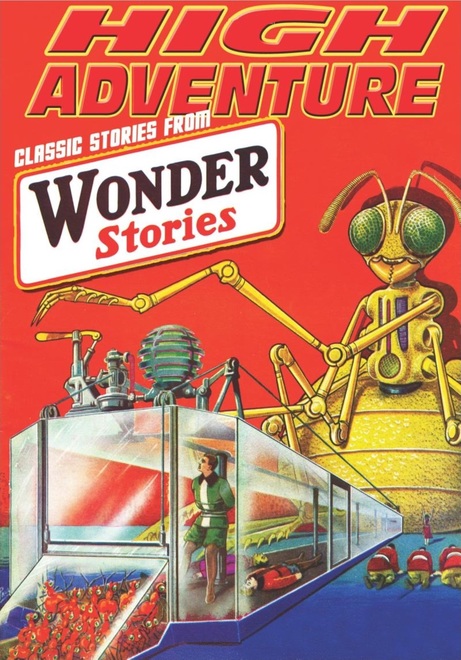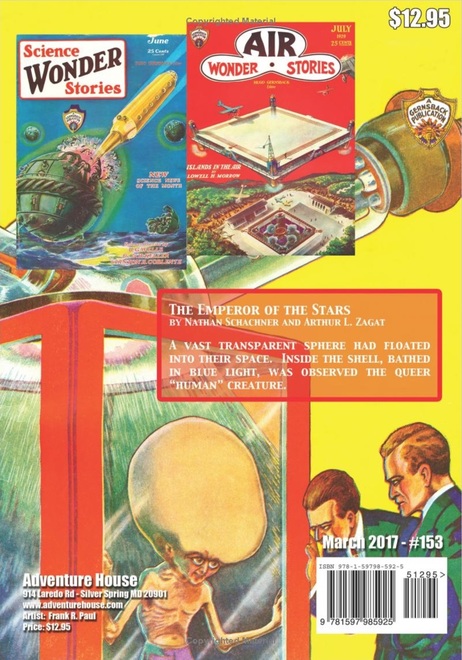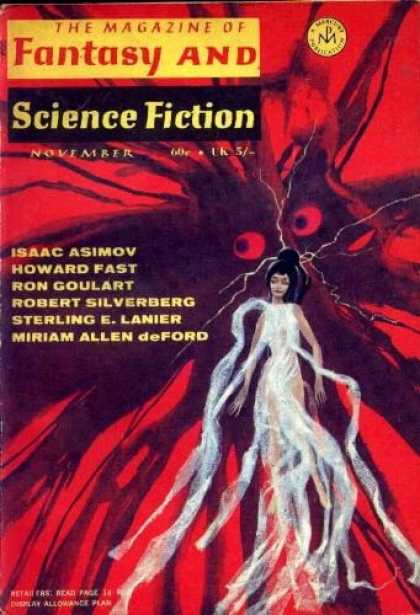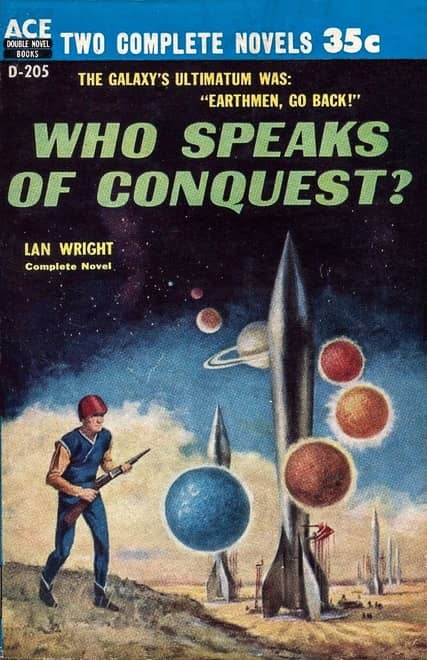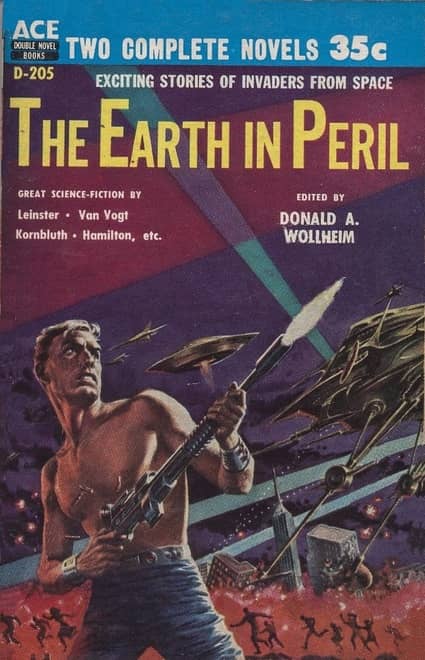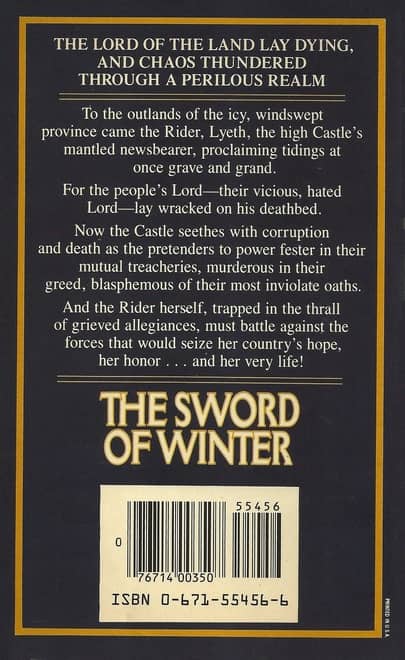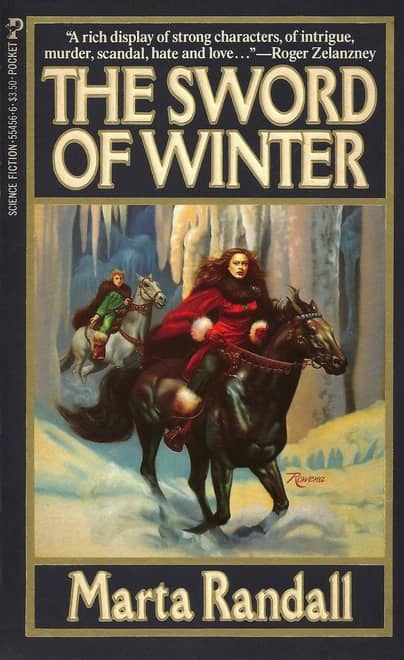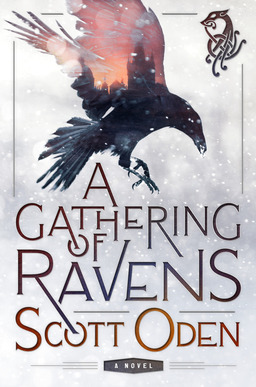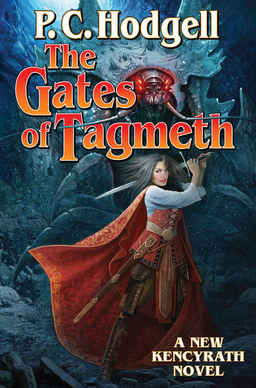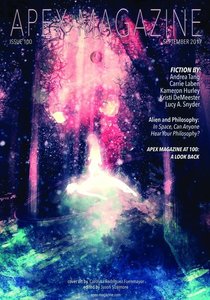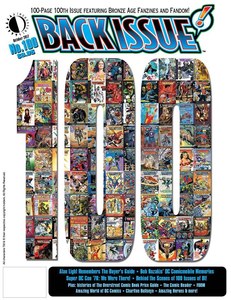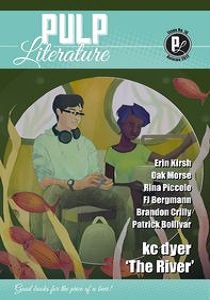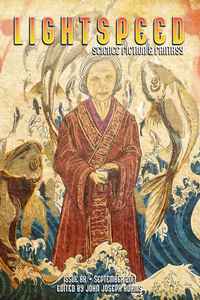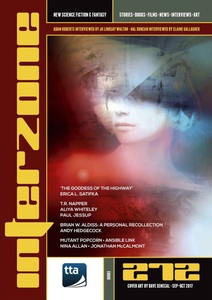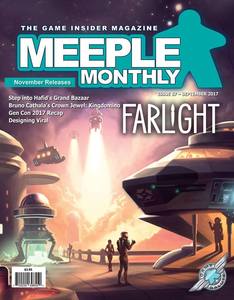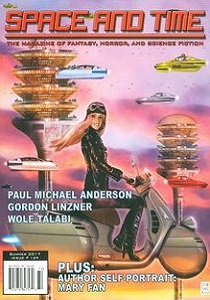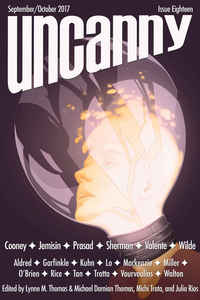Future Treasures: The Book of Swords, edited by Gardner Dozois
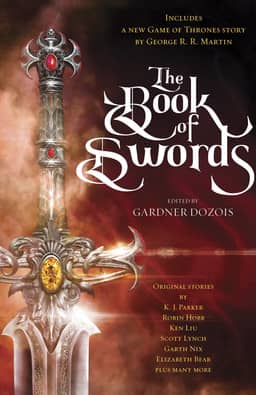 A while back Gardner Dozois asked if I wanted a review copy of his upcoming “Sword & Sorcery” anthology, The Book of Swords.
A while back Gardner Dozois asked if I wanted a review copy of his upcoming “Sword & Sorcery” anthology, The Book of Swords.
Now, Gardner does not do small anthologies — neither in the physical sense, nor in the sense of their impact on the field. If the premier anthologist in the SF community was putting his time and energy into a collection of original sword & sorcery tales, then clearly the genre still has some life in it.
It wasn’t that long ago that I thought the era of big-budget (or even modest-budget) S&S anthologies was long over. What’s changed? The global phenomena that is GRRM’s Game of Thrones, that’s what’s changed. I don’t consider GoT to be sword & sorcery… but there’s no denying that publishers (and film producers) are a lot more interested in adventure fantasy all of a sudden. If the results are anything like The Book of Swords, I’m all for it.
The Book of Swords arrives next week in hardcover from Martin’s Song of Ice and Fire publisher Bantam Books, with sixteen brand new stories by Lavie Tidhar, Robin Hobb, Ken Liu, Matthew Hughes, Walter Jon Williams, C. J. Cherryh, Garth Nix, Ellen Kushner, Scott Lynch — and, yes, a brand new Song of Ice and Fire story from George R. R. Martin.
Fantasy fiction has produced some of the most unforgettable heroes ever conjured onto the page: Robert E. Howard’s Conan the Barbarian, Michael Moorcock’s Elric of Melniboné, Fritz Leiber’s Fafhrd and the Gray Mouser. Classic characters like these made sword and sorcery a storytelling sensation, a cornerstone of fantasy fiction — and an inspiration for a new generation of writers, spinning their own outsize tales of magic and swashbuckling adventure.
Now, in The Book of Swords, acclaimed editor and bestselling author Gardner Dozois presents an all-new anthology of original epic tales by a stellar cast of award-winning modern masters — many of them set in their authors’ best-loved worlds. Join today’s finest tellers of fantastic tales, including George R. R. Martin, K. J. Parker, Robin Hobb, Scott Lynch, Ken Liu, C. J. Cherryh, Daniel Abraham, Lavie Tidhar, Ellen Kushner, and more on action-packed journeys into the outer realms of dark enchantment and intrepid derring-do, featuring a stunning assortment of fearless swordsmen and warrior women who face down danger and death at every turn with courage, cunning, and cold steel.
Here’s the complete Table of Contents.
